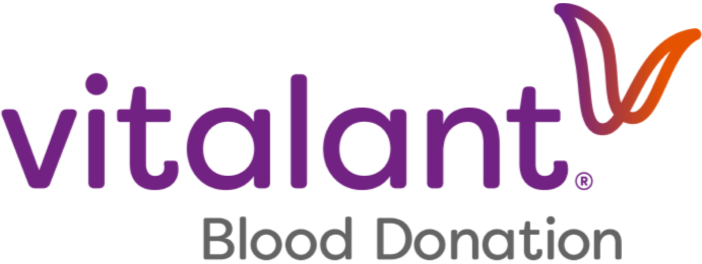Juneteenth, a part of our collective history, is a celebration of freedom, unity, and pride. The holiday commemorates the end of slavery in the United States. World Sickle Cell Day is also the same day and serves as an opportunity to raise awareness of sickle cell disease, the challenges faced by individuals living with sickle cell, and a reminder that sickle cell patients often rely on blood donations.
What is Sickle Cell Disease?
Sickle cell disease is an inherited blood disorder characterized by the presence of abnormal hemoglobin, a protein responsible for carrying oxygen in red blood cells. The altered shape of red blood cells in individuals with sickle cell disease can cause them to become rigid and stick together, leading to a variety of complications. These include severe pain episodes, organ damage, anemia, increased vulnerability to infections, and a reduced lifespan.
Who does it impact?
According to the Centers for Disease Control, an estimated 90,000 to 100,000 people in the United States are affected by sickle cell disease, mainly those who are Black or African American. The disease occurs among about 1 of every 500 Black or African American births and among about 1 of every 36,000 Hispanic American births.
How do blood donations help?
Blood transfusions can play a critical role in managing complications and enhancing the well-being of sickle cell patients. Individuals with sickle cell disease often require blood transfusions throughout their lives.
Why is a diverse blood supply important?
A diverse blood supply is vital to ensuring patients of all ethnicities and those with unique transfusions needs have the blood they need when they need it.
There are more than 600 other antigens on blood cells that can determine patient compatibility beyond A, B or O blood type. These antigens are mostly specific to a person’s race or ethnicity and can come into play when patients need blood transfusions—especially frequent transfusions. The more compatible blood is for the patient receiving it, the risk of complications for the patient can be lowered. That’s why having a donor base as diverse as the patients who need blood donations ensures we have a safe and accessible blood supply for everyone.
How you can help:
The need to ensure a blood supply is available for patients never stops. This World Sickle Cell Day and Juneteenth, honor those relying on blood transfusions by scheduling your next donation at vitalant.org and encouraging a friend to join you. Check out our Refer-A-Friend program to learn more about different ways you can advocate for this vital cause.

